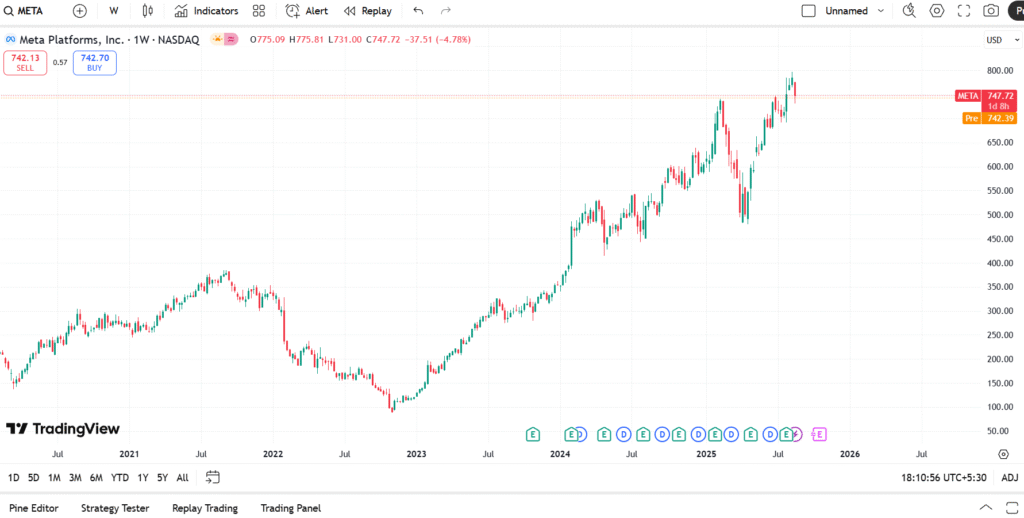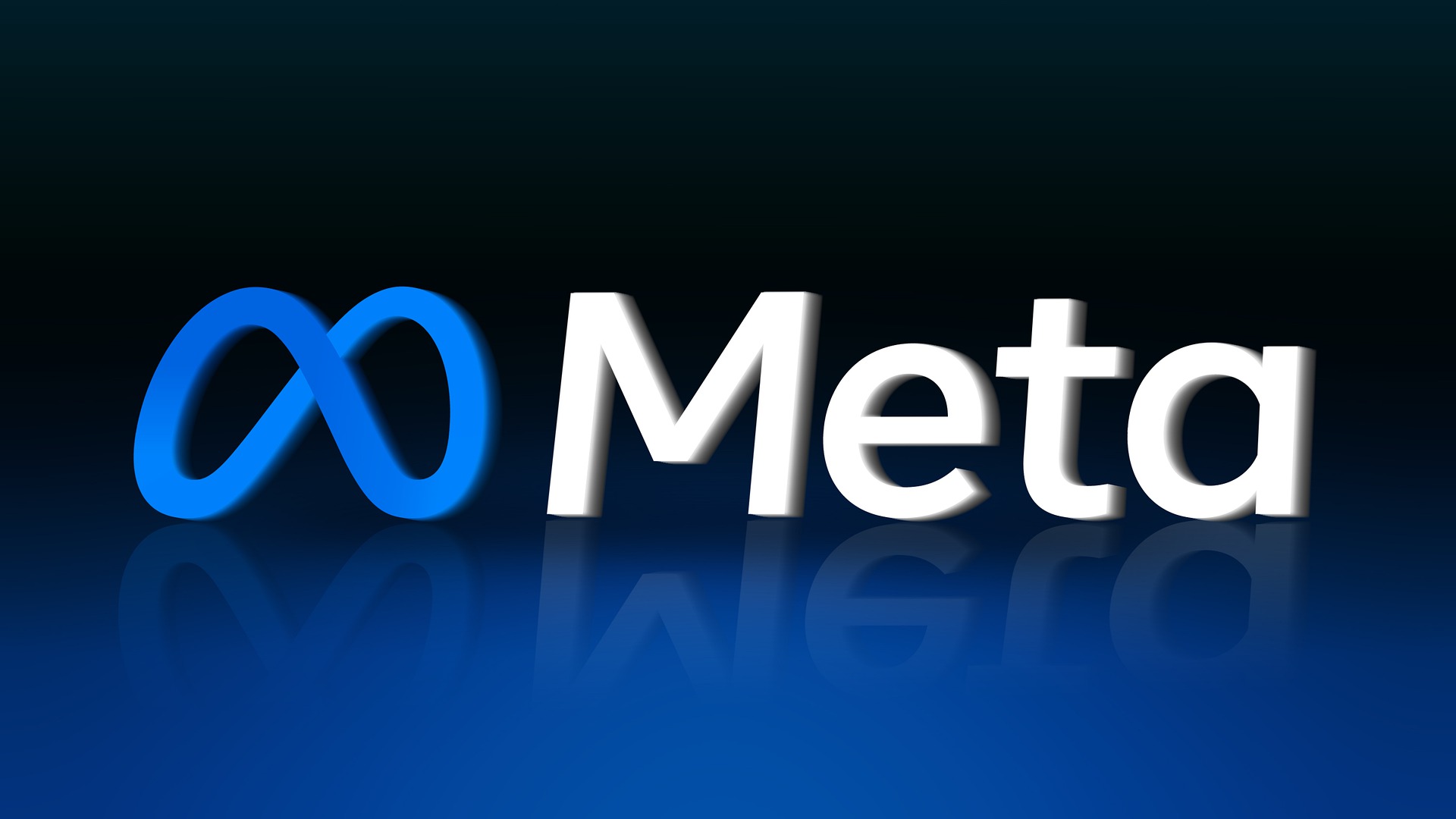Meta Platforms has paused hiring in its AI division after a record-breaking recruitment spree that brought in top researchers from OpenAI, Google, Apple, and Anthropic with billion-dollar compensation packages. The move comes amid restructuring under Meta Superintelligence Labs, internal tensions, heavy AI infrastructure spending, and rising investor concerns over the company’s long-term strategy.
Meta Platforms Halts AI Hiring Amid Restructuring and Investor Concerns
Meta Platforms, the parent company of Facebook, Instagram, and WhatsApp, has abruptly paused hiring in its artificial intelligence (AI) division, sending ripples across the technology industry. The move, revealed on August 20, 2025, by the Wall Street Journal, comes after the company’s aggressive global recruitment campaign that lured dozens of top researchers and engineers from rival labs with unprecedented compensation packages. The decision reflects a combination of organizational restructuring, budgetary planning, and rising investor concerns over Meta Platforms soaring AI expenditure.
Hiring Freeze: A Strategic Pause
According to Meta Platforms officials, the hiring freeze was implemented last week and will affect both external hires and internal team transfers unless directly approved by Alexandr Wang, Meta’s Chief AI Officer. While the spokesperson framed it as “basic organizational planning,” the freeze highlights the challenge of integrating talent following one of Silicon Valley’s most expensive recruitment drives. The duration of this freeze remains uncertain, leaving many in the industry speculating whether it signals a shift in strategy or a temporary pause to consolidate resources.
This move follows a period in which Meta offered extraordinary compensation to secure top AI minds. The company dangled packages ranging from tens of millions to as high as $1.5 billion in value. Notable examples included a $1.5 billion offer to Andrew Tulloch of Thinking Machines Lab, which he declined, and a $14.3 billion equity offer to Alexandr Wang to bring him aboard as Meta’s Chief AI Officer. In another case, 24-year-old researcher Matt Deitke accepted a $250 million package after negotiations.
Restructuring of Meta’s AI Division
Alongside the hiring freeze, Meta Platforms has unveiled a new structure for its AI operations under the umbrella of Meta Superintelligence Labs (MSL). The division has been reorganized into four key units. The TBD Lab is tasked with exploring machine superintelligence, aiming to push beyond current AI capabilities into systems that surpass human cognition. The AI Products Team will focus on consumer-facing applications such as Meta’s AI assistant and advertising tools.

The Infrastructure Team is responsible for managing computational resources, including data centers and GPUs that form the backbone of AI research. Finally, the Fundamental AI Research (FAIR) group continues its long-term exploratory work with relatively little disruption from the restructuring.
Leadership of MSL falls under Alexandr Wang, formerly the CEO of Scale AI, who joined Meta earlier this year. Other high-profile recruits include former GitHub CEO Nat Friedman, Daniel Gross of Safe Superintelligence, and Shengjia Zhao, previously a researcher at OpenAI, who now serves as Meta’s chief AI scientist.
Internal Tensions and Employee Friction
The restructuring has not come without internal tensions. Meta Platforms’s existing AI teams, especially those in the generative AI division that worked on the underperforming Llama 4 model, have expressed frustration. Reports suggest that some long-standing employees feel undervalued compared to the lavishly compensated new hires. This discontent has reportedly led to threats of departures to rival labs, as well as efforts to negotiate transfers into the prestigious MSL group.
Mark Zuckerberg’s Direct Role
CEO Mark Zuckerberg has been personally involved in the AI talent race. He is said to have contacted researchers directly via email and WhatsApp, using a curated document known as “The List” that identified promising candidates from top universities like Berkeley and Carnegie Mellon, as well as from rival labs such as OpenAI and Google DeepMind.
Zuckerberg’s broader vision is to build what he calls “personal superintelligence,” positioning AI as a tool to empower individuals rather than focusing primarily on work automation, which he associates with competitors like OpenAI. He views AI-enabled smart glasses as the key interface for this technology. Since their launch in 2023, Meta platforms has sold over two million pairs of Ray-Ban smart glasses, an early step toward making wearable AI mainstream.
Meta’s Financial Commitment
Meta Platforms’s spending on AI is unprecedented. Zuckerberg has pledged hundreds of billions of dollars toward building AI infrastructure, including massive data centers such as Prometheus, expected to go online in 2026, and Hyperion, which will scale up to five gigawatts. The company has raised its capital expenditure forecast for 2025 to between $64 billion and $72 billion, with 2026 spending expected to rise even faster due to AI investments and employee compensation.
High-Profile Hires and Compensation
The company’s aggressive recruitment has reshaped the AI talent landscape. From OpenAI, Meta platform hired more than 20 researchers, including key figures behind the o-series models and GPT-4o. From Google, at least 13 engineers joined, including Jack Rae, who led Gemini’s pre-training, and Johan Schalkwyk, a former Google Fellow. Meta platforms also recruited several employees from Apple, Anthropic, and Elon Musk’s xAI, offering not just record-breaking salaries but also access to computational resources on a scale unmatched by most competitors. In some cases, researchers were promised as many as 30,000 GPUs for experimentation, a critical resource in an industry where chip access is scarce.
Past Setbacks and Competitive Lag
Despite its spending spree, Meta Platforms has faced setbacks in its AI ambitions. Its open-source Llama 4 model underwhelmed industry experts, and internal efforts like the AGI Foundations team were eventually dissolved. Zuckerberg himself admitted in April 2025 that Meta was falling behind in the AI race, prompting the aggressive recruitment campaign.
Financial and Investor Impact
Meta Platforms stock fell nearly 5% this week as investors questioned the sustainability of its AI spending. Although the company’s market capitalization is approaching $2 trillion, the magnitude of its investment in AI has raised concerns. Morgan Stanley analysts warned that soaring stock-based compensation could reduce shareholder returns by limiting buyback programs. Meanwhile, an MIT report pointed out that 95% of AI ventures remain unprofitable, raising doubts about Meta’s ability to generate near-term returns from its investments.
Still, Meta Platforms core advertising business has benefited from AI-driven improvements, helping the company deliver strong results in the latest quarter. For Q2 2025, Meta reported $47.5 billion in revenue, up 22% year-over-year, and $18.3 billion in profit, up 36%, beating Wall Street expectations.
Broader Tech Industry Trends
Meta’s hiring freeze also reflects broader industry dynamics. The AI talent war has seen companies like OpenAI, Google, Microsoft, and Anthropic offering multimillion-dollar packages to attract researchers. Compensation levels are increasingly compared to those of elite athletes, with some AI experts negotiating deals that include stock, bonuses, and access to powerful computing clusters.
At the same time, questions about the sustainability of these investments are growing. Some analysts, like Sam Altman of OpenAI, have even described the AI market as a bubble, though others argue that the transformative potential of AI still leaves technology stocks undervalued. Meta’s freeze is being viewed less as a retreat and more as a necessary “digestion period” after a period of heavy spending.
Looking Ahead
The race toward superintelligence remains highly competitive, with Meta, OpenAI, Google, and Anthropic all vying for dominance. While Zuckerberg’s vision of personal superintelligence differs from the automation-first strategies of his competitors, critics question whether such goals are realistic in the near term. Superintelligence may still be decades away, and its business applications remain uncertain.
Meta’s hiring freeze is unlikely to mark the end of its AI ambitions. Instead, it may be a signal that the company is recalibrating, consolidating resources, and attempting to manage investor expectations. Whether this approach will succeed in balancing innovation with financial discipline will be a central question for Meta and the broader AI industry in the years ahead.

